
Minerals
Uganda Launches First Official Gold Refinery, Offering Relief to Artisanal Miners and Cracking Down on Fraud
In a landmark development for Uganda’s mining sector, the government has officially launched the country’s first state-of-the-art gold refinery in Kampala. The facility, Euro Gold Refinery, is expected to streamline the gold trade, protect artisanal miners from widespread fraud, and boost government revenues lost to illegal exports.
Located along Katego Road in Kamwokya, the refinery was commissioned in July 2025 by Dr. Ruth Nankabirwa Ssentamu, Minister of Energy and Mineral Development. She hailed the project as the first officially recognised gold refinery in Uganda and urged the company to collaborate with key institutions such as the Bank of Uganda, which recently launched a Domestic Gold Purchase Programme to build up the country’s foreign reserves.
For Uganda’s large community of artisanal and small-scale miners, the launch offers a welcome layer of security and legitimacy.
Joseph Dave Mwebesa, a veteran miner operating in Busia and Mubende, spoke emotionally about his past experiences with fraudsters posing as gold buyers.
“Over the years, I’ve lost a lot to fake dealers. This refinery gives us hope for a fair market and a future,” he said.
The new refinery will source gold directly from artisanal miners in key gold-producing areas, including Busia, Karamoja, Buhweju, Kassanda, and West Nile, with operations extending to partnerships with miners in the Democratic Republic of Congo (DRC).
Feni Benard, Director of Euro Gold Refinery, confirmed that the facility is certified by the London Bullion Market Association (LBMA), which sets international standards for gold and silver.
“This is not just a local initiative. We are bringing international best practices to Uganda—transparency, environmental sustainability, and economic inclusion,” Benard said in an interview with URN.
Backed by foreign investors from the United Kingdom, UAE, and India, the refinery offers services such as smelting, assaying, refining, and facilitation of international trade in precious metals. It holds both a mineral refining license and a mineral dealer’s license, and it has been granted a mining concession covering 79.8 square kilometres in Yumbe District, with additional sites in Karamoja.
The new facility is also a critical tool in fighting organised gold-related fraud, which has plagued Uganda’s mineral sector for years.
In February 2025, Beata Chelimo, Deputy Director of the Criminal Investigations Directorate, revealed that gold scams had become a major form of transnational crime. Over 24 security personnel were arrested for allegedly colluding with gold fraud syndicates, many of which targeted foreign investors with false promises.
The fraud epidemic has cost the government significant revenue. According to the 2024 Auditor General’s report, over $3 billion worth of gold was exported illegally in violation of the Mining and Minerals Act.
President Yoweri Museveni, who banned the export of unprocessed minerals in 2021, has repeatedly emphasised the need for value addition. During his 2022 State of the Nation Address, Museveni disclosed Uganda’s discovery of 31 million metric tonnes of gold, with 320,000 metric tonnes of extractable pure gold valued at an estimated US$12.8 trillion.
Gold has since become Uganda’s leading export, accounting for 37% of total export revenue by early 2025. By June 2024, gold exports had hit $3.09 billion, making up nearly half of all non-coffee export earnings.
The government hopes that the establishment of a domestic gold refining capacity will not only stem illicit flows but also capture more value domestically, in line with its industrialisation agenda.
Minister Nankabirwa also encouraged Euro Gold Refinery to develop local talent, saying, “This facility should not just process gold—it should build human capital, create jobs, and transform communities.”
The new refinery is expected to play a pivotal role in formalising the artisanal and small-scale mining (ASM) sector, which employs between 400,000 and 600,000 people, according to data from planetGOLD, and indirectly supports over 2 million Ugandans.
Despite the growing push for mechanisation, most artisanal miners still rely on manual techniques, leaving them vulnerable to exploitation and unsafe working conditions. The availability of a regulated, transparent buyer such as Euro Gold Refinery is expected to strengthen supply chains, increase incomes, and reduce environmental and health risks.
With the right institutional backing, Uganda’s new refinery stands to position the country as a regional hub for gold refining and trade. Beyond boosting state coffers, the facility could bring legitimacy, dignity, and prosperity to the thousands of Ugandans whose livelihoods depend on gold.
“This is not just an investment in minerals—it’s an investment in people,” Feni Benard said.


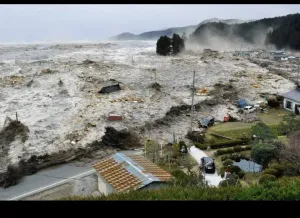


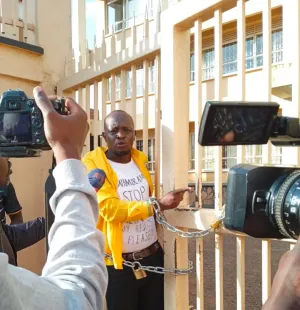





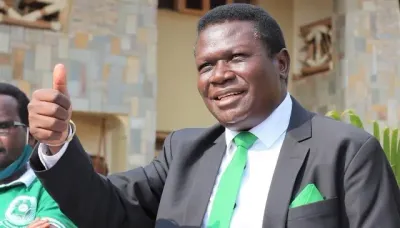
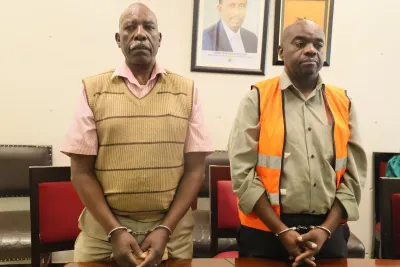
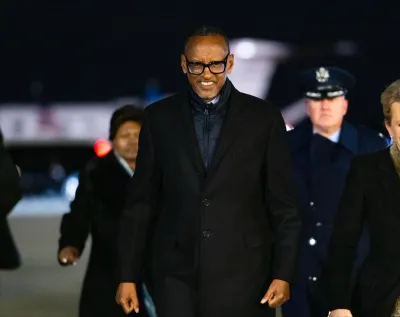
Chrispus Mutaahi
Leave a Comment
Your email address will not be published.